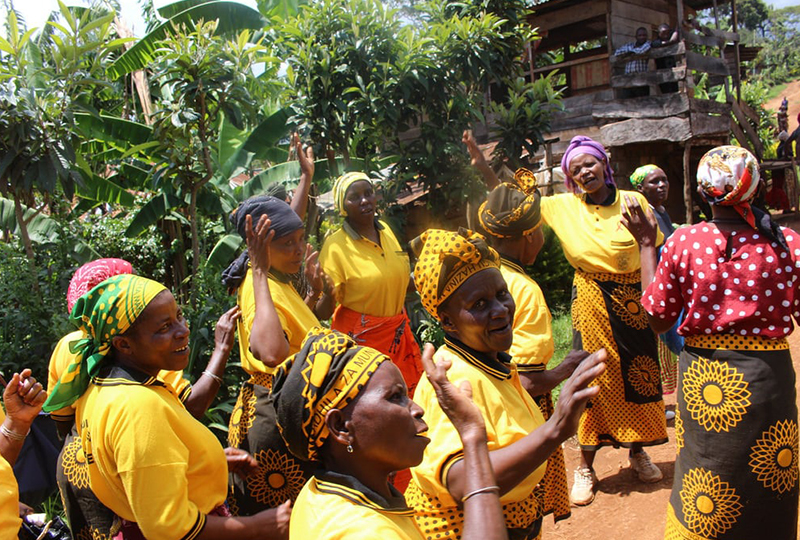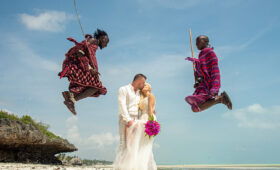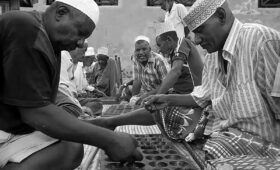How Tanzanian Tribes Preserve Oral History
Tanzania is a land rich in heritage, where culture lives not only in ceremonies and customs, but also in stories. Across its more than 120 tribes, oral history remains one of the most powerful ways communities pass down knowledge, identity, and ancestral memory. From fireside storytelling to ceremonial chants, the spoken word holds sacred value in Tanzanian life.
At Mandari Travel, we offer immersive cultural tours where travelers can experience the living traditions of Tanzanian tribes, and witness firsthand how oral history continues to shape identity and preserve the past.
The Power of Oral Tradition in Tanzanian Culture
Long before books and smartphones, Tanzanian tribes preserved history through spoken word, often performed by designated storytellers, elders, or spiritual leaders. These oral accounts are more than entertainment, they are the backbone of ancestry, morality, leadership, and survival.
Whether it’s a Maasai warrior sharing tales of bravery, a Chagga elder recounting clan migration, or a Hadzabe guide explaining hunting customs, oral history plays a vital role in preserving identity and teaching younger generations.
Who Tells the Stories?
In many communities, elders are the guardians of oral knowledge. Storytelling is usually done in the evening, around fires, or during family gatherings, initiation rites, or village festivals. These stories can include:
- Myths and creation stories explaining the origins of a tribe or natural phenomenon
- Genealogies and clan histories, often memorized in remarkable detail
- Moral tales and proverbs that teach values like courage, respect, and patience
- Songs, poems, and riddles passed from grandparents to grandchildren
How It’s Preserved Today
Storytelling Performances
Some tribes like the Sukuma and Zaramo incorporate drums, music, and dance into their storytelling, making oral history a community performance. With rhythm and movement, these stories are easier to remember and share.
Intergenerational Learning
Children are taught through repetition and participation. From a young age, they listen, ask questions, and later begin to tell stories themselves, ensuring the tradition continues.
Oral Archives & Community Projects
In recent years, some Tanzanian NGOs and community groups have begun recording oral histories to preserve them for future generations. However, many communities still prefer the live, spoken exchange, which creates a powerful emotional and spiritual connection.
Where to Experience It
- Ngorongoro Highlands – Engage with Maasai elders as they share ancestral stories under starlit skies.
- Lake Eyasi – Hear Hadzabe stories passed down for thousands of years, including myths about animals, hunting, and survival.
- Usambara Mountains – Visit Sambaa or Pare villages and listen to traditional songs and legends that preserve local wisdom.
Travel with Purpose, Listen with Heart
With Mandari Travel, our cultural tours are guided by locals who facilitate respectful, immersive experiences. These aren’t scripted performances, they’re real stories, told by real people, who live the history they share.
Email: info@mandaritravel.com
Call/WhatsApp: +255 750 900 811
Let us create an itinerary that brings you into the heart of Tanzania’s oral heritage.
Request a Quote
Fill out the form below to start planning your cultural storytelling experience in Tanzania:




